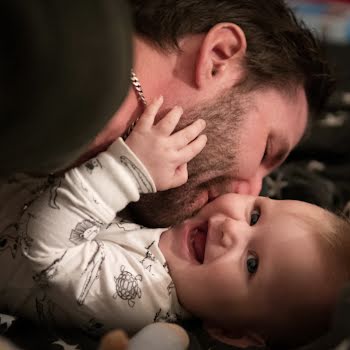Ask the Doctor: ‘I’m a 32-year-old woman with low blood pressure and have started experiencing dizziness and fainting. What’s causing this, and how can I treat it?’
By Sarah Gill
22nd Nov 2022
22nd Nov 2022
All your burning health questions answered by the professionals.
“I am a 32 year old female and have begun to experience frequent dizziness (daily) and fainting (once or twice in the last couple of months). I had my blood pressure tested in my local pharmacy and they said it’s on the low side. What causes low blood pressure and what kind of treatment is available?”

Answer from Dr Aftab Jan, Consultant Cardiologist, Beacon Hospital
Advertisement
Blood pressure is the force of blood pushing against the walls of the arteries as the heart pumps out blood and is indicated by two numbers, the systolic blood pressure (the top number) and the diastolic blood pressure (the bottom number), which are the maximum and minimum blood pressures, respectively. The brain and other body organs not receiving adequate blood flow due to low blood pressure can result in symptoms. Primary symptoms generally include dizziness and light-headedness. Other symptoms include fatigue, shortness of breath, headaches, shakiness, increased thirst, irregular heartbeat, chest pain or confusion.
Blood pressure is continuously regulated by the autonomic nervous system, using an elaborate network of receptors, nerves, and hormones to balance the effects of the sympathetic nervous system, which tends to raise blood pressure, and the parasympathetic nervous system, which lowers it.
Hypotension can be caused by strenuous exercise, excessive heat, low blood volume (hypovolemia), hormonal changes, widening of blood vessels, anaemia, vitamin B 12 deficiency, anaphylaxis (allergic reactions), heart problems, or endocrine problems. Some medications can also lead to hypotension. There are also syndromes that can cause hypotension in patients including orthostatic hypotension (a drop in blood pressure after standing) or vasovagal syncope (fainting characterised by an inappropriate drop in blood pressure while in the upright position).
The treatment for hypotension depends on its cause. Long standing hypotension rarely exists as more than a symptom. Asymptomatic hypotension in healthy people usually does not require treatment unless the symptoms become troubling. For some people who exercise and are in top physical condition, low blood pressure could be normal. Adding electrolytes (salt) to a diet can relieve symptoms of mild hypotension and keeping well hydrated.
Hypotension causing symptoms not responding to simple measures can be treated with medications like Fludrocortisone , an oral steroid, for patients with long standing hypotension. It works by increasing the vascular volume. Midodrine is a drug used for severe orthostatic hypotension, and works by increasing resistance in the arteries resulting in elevation of blood pressure. A drug called Noradrenaline can be used for autonomic dysfunction by increasing blood vessels’ tone resulting in improved blood pressure. Erythropoietin is given to patients with neurogenic orthostatic hypotension and it works through increasing blood volume and viscosity.
However, addressing the underlying problem is key. Addressing heart problems, endocrinological causes or other causes like dehydration, medications causing low blood pressure like alpha blockers, beta blockers or other blood pressure lowering medications used for treating heart conditions.
Advertisement
With that in mind, it’s certainly worthwhile making an appointment with your GP, who can explore any symptoms you may have and the best course of action to take.
Have a question for the professionals you’d like answered? Get in touch with sarah.gill@image.ie with the subject headline ‘Ask The Doctor’.




















